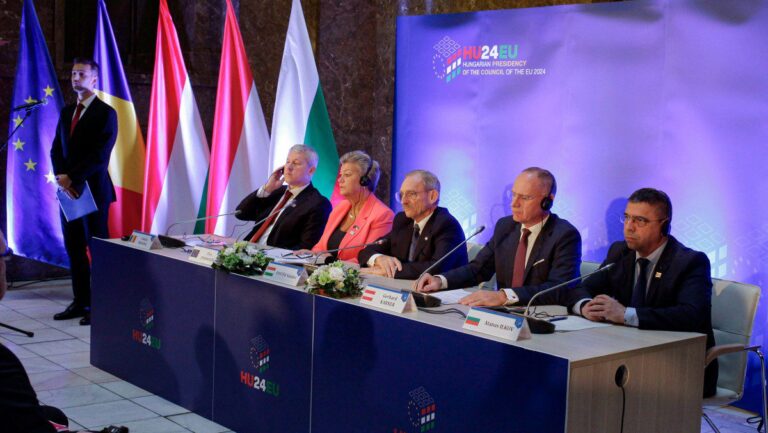Citing a surge in asylum fraud, the Swedish presidency of the EU Council has called for more stringent EU visa restrictions. The assertion was made in a leaked internal memo and reflects the growing influence exerted by the Swedish Democrats on the Swedish government, which holds the rotating EU Council presidency role until June 2023.
The Swedish presidency referenced a spike in fraudulent asylum claims from counties with which the EU has visa arrangements, such as Venezuela. The EU received 51,000 asylum applications from Venezuela in 2021, with an average rejection rate of over 90%. This is a substantial rise from previous years and part of a wider trend of asylum seekers arriving from nations with EU visa agreements, including Colombia and Georgia.
The Swedish memo called for the potential suspension of EU-Venezuelan visa arrangements due to an increase in asylum fraud calling most Venezuelan claims “unfounded.” Under the current EU-Venezuelan visa regime, Venezuelan citizens may visit the EU Schengen Area for 90 days without a visa.
The memo raised the possibility of enhanced monitoring for Venezuelan arrivals to the EU and greater pressure on Venezuelan authorities to screen individuals likely to commit asylum fraud. More than 7 million Venezuelans have fled the country since 2015, driven by poor economic conditions under the country’s autocratic socialist government.
The EU Council, under Swedish leadership, recently suggested leveraging EU trade deals with the developing world to reduce migration numbers. This new attitude is in marked contrast to the country’s previous policy on asylum and has substantially changed since the Swedish Democrats agreed to support the new Swedish government in October 2022 after commitments to heighten border security.
Speaking to The European Conservative, the Swedish Democrats’ migration spokesman Ludvig Aspling, MP, was quick to affirm his party’s fingerprints on the decisions:
This government is prepared to take responsibility for the Union’s security, establishing order in the area of migration, and to take steps towards a future sustainable migration policy.
A similar memo released by the transparency group Statewatch this month revealed the Swedish presidency’s wish to review wider visa deals, in order to combat a surge in bogus asylum applicants.
European nations are increasingly looking to use visa arrangements with third-party countries to regulate illegal migration flows, with Italian officials recently travelling to North Africa to negotiate with regional governments.





